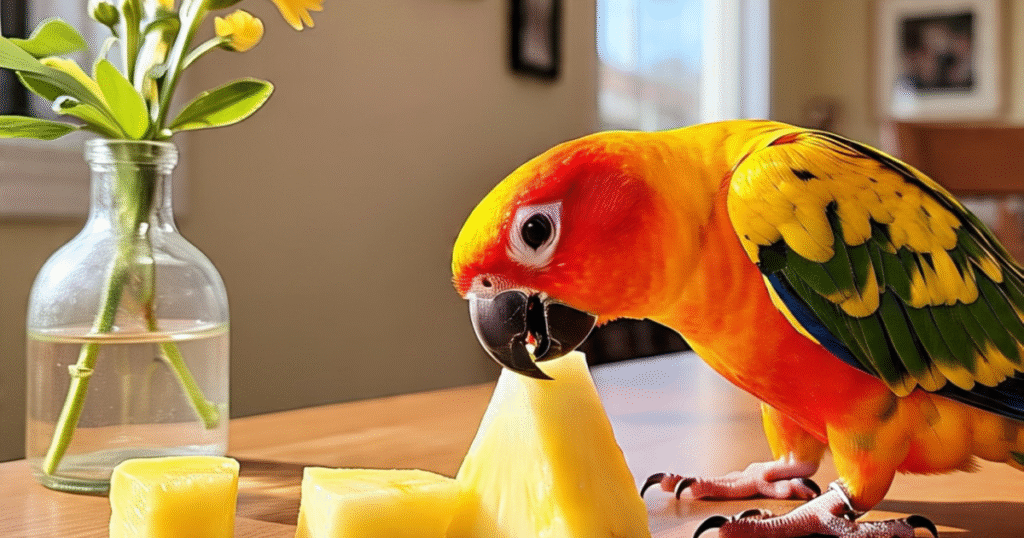
Parrots are not only bright and intelligent birds, but the nutrition received plays a big role in how healthy and happy they are. A good diet greatly prolongs their life, increases energy, and sharpens their mimicry and interacting skills. Parrots, however, do not share every food that is safe for human consumption. In fact, some very common items can be poisonous to them. This guide outlines the good diet for parrots and the few things to miss out on in feeding them so that you have an ever-happy and healthy feathered friend.
Pellet Diets for Parrots
Considering pellets serve as part of the basis for a healthy parrot diet, this seems to be one of the most obvious options. Specifically designed for proper nutrition to parrots, it’s just more balanced vitamins, minerals, proteins, and other nutrients in each bite rather than those from ‘traditional’ seed-only diets, which supplement eat-one food-to-another selective feeding to produce nutritionally deficient diets.
Related: How to Give Your Pet Bird a Bath
Benefits of Pellet Diets:
- Balanced Nutrition: Each pellet of parrot food contains the same uniform mix of nutrients, minimizing the risk of dietary imbalances.
- Prevention of Selective Feeding: Parts won’t be able to selectively pick just the tastiest bits, which often happens with seed mixes.
- Convenient: These foods are easy to give, store, and measure, making them even more appropriate for impeached bird owners.
Things to Keep in Mind:
- Slowly Introduce: There are finer points in this one. The transition from seeds to pellets can be tedious and may take great patience.
- Quality Counts: Not all pellets are the same; choose brands without artificial colors, sugars, or any unnecessary additives.
- Supplement with Fresh Food: Pellets should be given 50-70% of this parrot’s diet. Fresh fruits, vegetables, and cultural seeds or nuts should complement the diet.
A diet consisting primarily of pellets will greatly contribute to a parrot’s health, longevity, and general well-being when supplemented with an assortment of fresh foods that are safe for consumption.
Fresh foods that are safe and healthy for birds
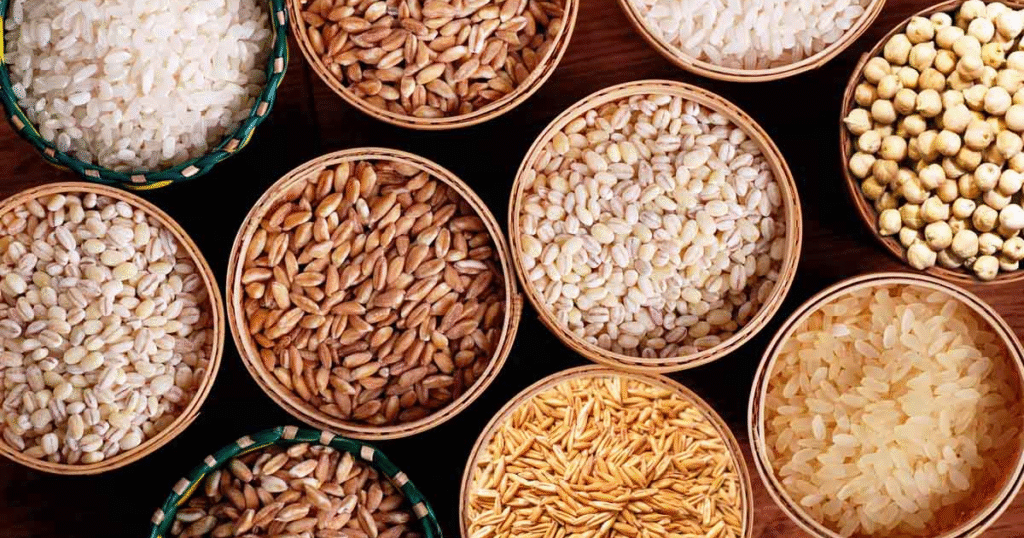
Fresh food is indispensable for a parrot, supplying him with Vitamins, Minerals, and Antioxidants that improve health and well-being. Leafy greens, such as kale, spinach, and romaine lettuce, are grand sources of calcium and vitamin A. Other vegetables, like carrots, broccoli, bell peppers, and cooked sweet potatoes, impart vitamins, fiber, and nutrients. Fruits like apples (but without the seeds), berries, mango, papaya, and melon, give vitamins and hydration and must be offered in moderation due to sugar content. Foods like citrus fruits may be given, albeit rarely. Fresh basil, cilantro, and mint can be introduced into the mix, not only for variety but also for some health benefits.
Fresh food should always be thoroughly washed and given in very small pieces for easy consumption. Raw vegetables are a mainstay for preserving nutrients, though others, such as sweet potatoes, are best cooked. In order to prevent spoilage, any uneaten fresh food must be removed after a couple of hours. A regular supply of fresh food makes sure that parrots are physically well and mentally stimulated.
Toxic Foods Parrots Should Never Eat
Chocolate Toxicity in Parrots
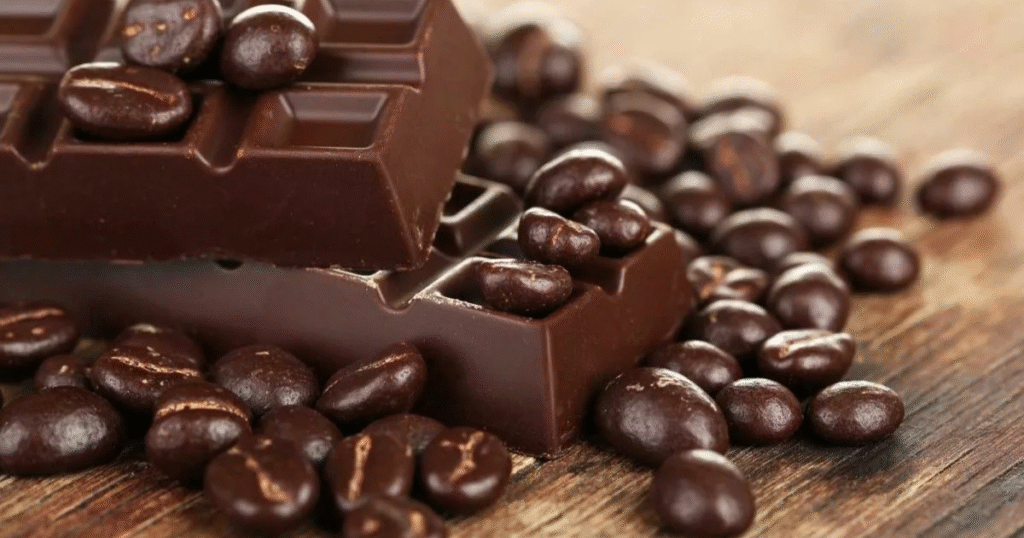
Chocolate has theobromine and caffeine, both of which are immensely toxic to parrots and other birds. Even small amounts of chocolate poisoning in birds can lead to increased heart rate, seizures, tremors, and even death. Birds metabolize these kinds of poison slower, which makes chocolate toxicity sort of a dangerous game to play for any parrot. Therefore, any chocolate and cocoa products must remain off your bird’s menu at all costs.
Are Apple Seeds Poisonous to Birds?
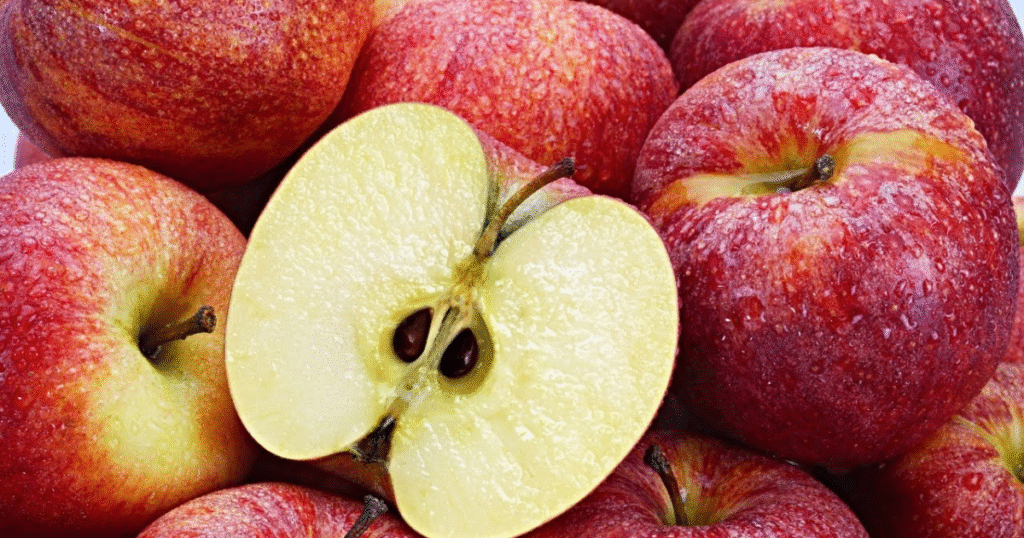
Apple seeds include poisonous cyanide compounds that are harmful for parrots and other pet birds. Although the apple flesh is healthy and safe, eating apple seeds toxicity in birds might result to cyanide poisoning symptoms like breathing difficulty and weakness. Always remove seeds prior to giving apples to guarantee a safe bird diet.
Why Alcohol Is Dangerous for Pet Birds
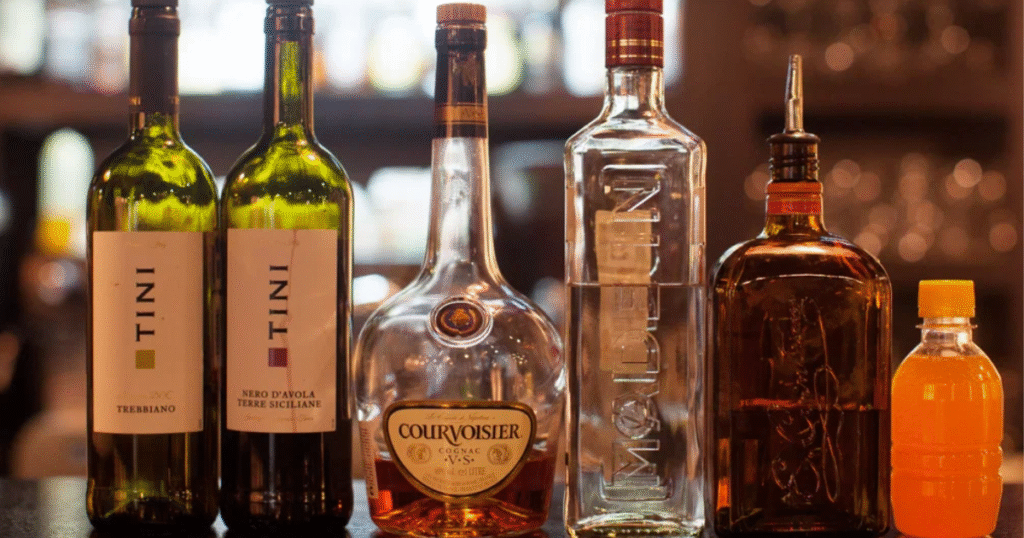
For pet birds like parrots, alcohol use is exceedingly damaging. Even small amounts of alcohol poisoning in birds can result in disorientation, breathing failure, and death. Avoid any contact with alcoholic drinks or foods containing alcohol since birds’ nervous systems are quite sensitive to alcohol toxicity
Salt Toxicity and Birds: What You Need to Know
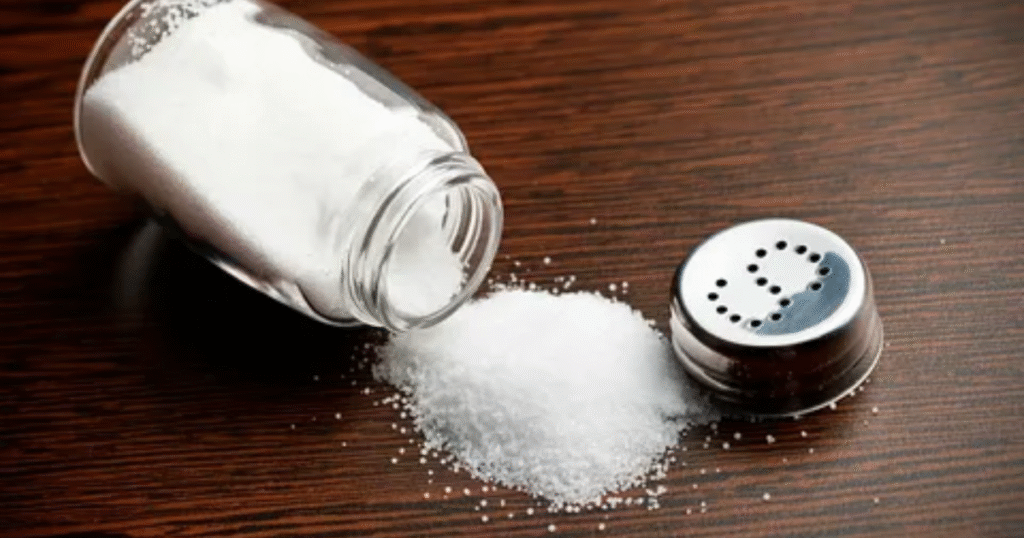
Birds suffer salt poisoning from excessive salt consumption, which results in dehydration, renal failure, and electrolyte imbalance. Never give salty human meals or extra sodium to parrots or pet birds. To maintain your bird healthy, avoid salted nuts and processed snacks.
Avocado Poisoning in Birds
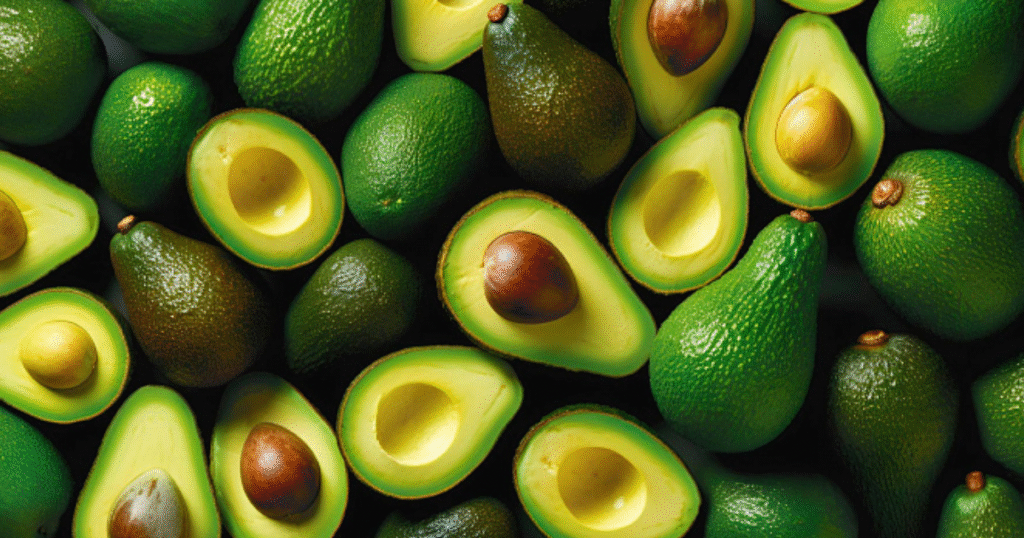
Avocado contains person, a toxin that causes avocado poisoning in parrots and other pet birds. Ingesting avocado can cause serious issues like respiratory distress, heart damage, and even sudden death. It’s essential to avoid feeding any avocado parts to your bird.
Are Mushrooms Safe for Parrots?
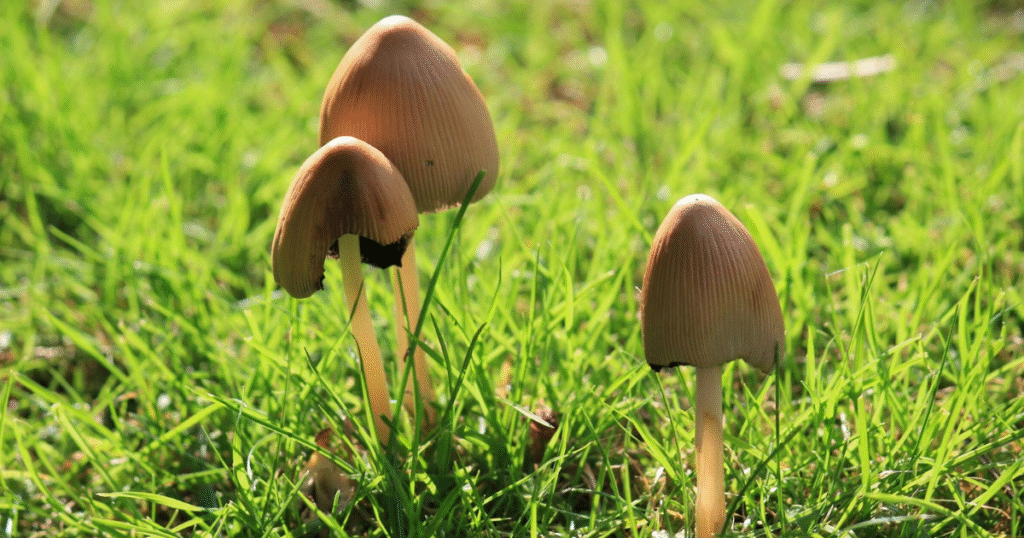
Avocado has a poison affecting parrots and other vivacious birds’ avocado poisoning. Eating avocado can lead to major problems including lung injury, heart damage, and even abrupt death. You should really avoid feeding any avocado parts to your bird.
Why Tomato Leaves Are Toxic to Birds
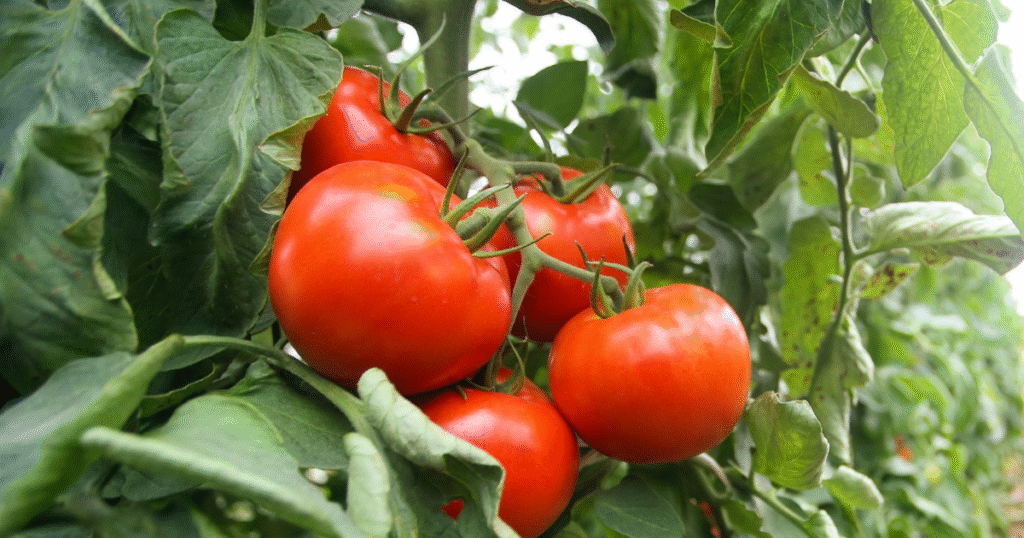
Although ripe tomato fruit is safe in moderation, the leaves and stems have solanine, a poisonous chemical for parrots and pet birds. Consumption of tomato leaves might cause digestive problems and other health problems in birds through toxicity. Feed only wanted fully ripe tomato fruit.
Caffeine and Birds: Why It’s Dangerous
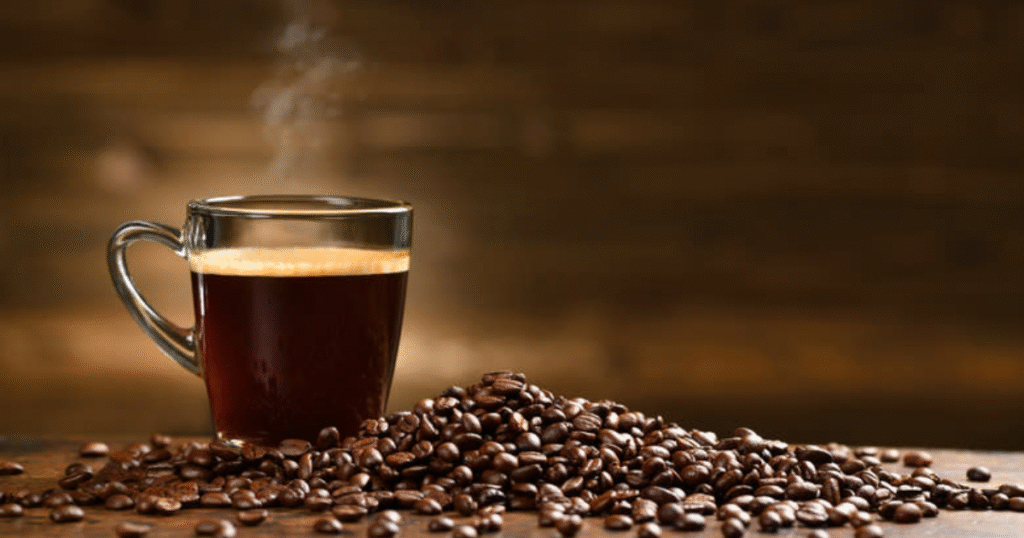
Found in coffee, teas, sodas, and energy beverages, caffeine is a potent stimulant that leads to caffeine poisoning in birds. Rapid heart rate, tremors, hyperactivity, and seizures are among the possible outcomes here. Caffeine should be avoided everywhere in your bird’s diet.
Onions Are Harmful to Parrots
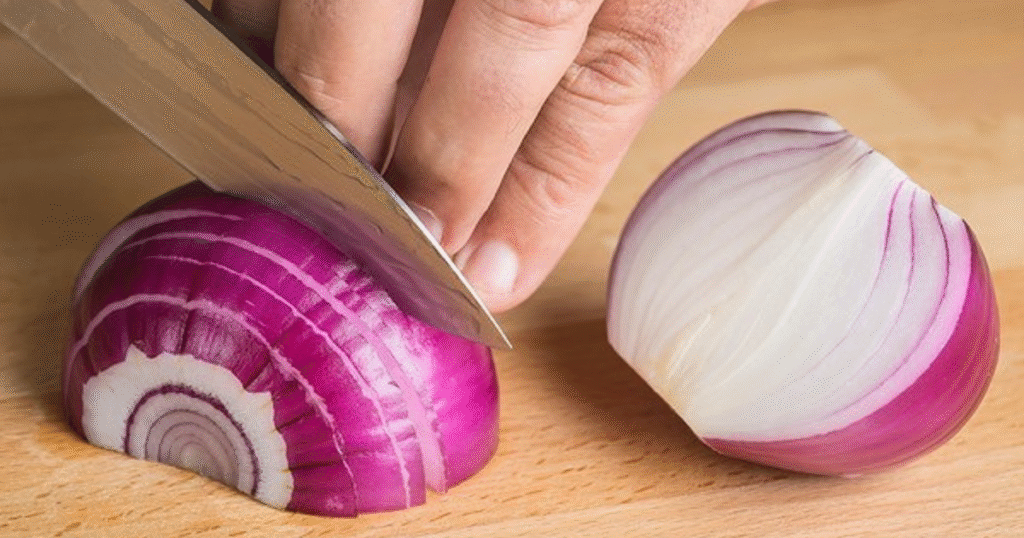
Thiosulfates included in onions damage red blood cells and produce anemia, hence causing onion poisoning in birds. Both eaten and raw onions are unsafe and should be kept out of any bird-safe diet.
Dangers of Feeding Raw Dried Beans to Birds
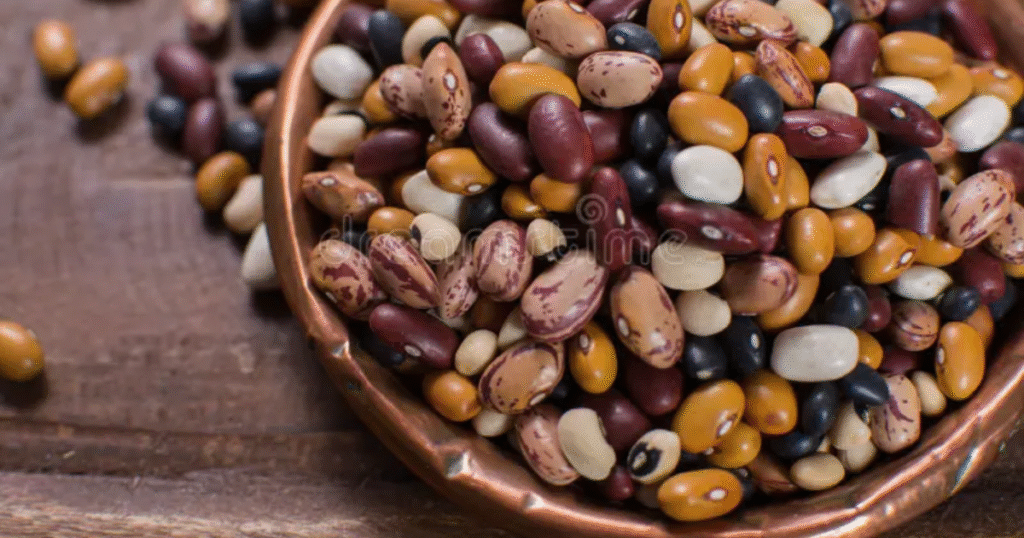
Uncooked raw dried beans have lectins that can poison birds if they are not adequately cooked. Feeding raw or undercooked beans can cause major digestive disturbance and poisoning. Cook beans completely before presenting them to parrots at all times.
Conclusion
For their health and happiness, parrots must first know which foods are toxic to them. Protecting your bird from severe disease or death requires avoiding hazardous foods like chocolate, avocado, alcohol, onions, and so on. Along with high-quality pellets, a varied diet of fresh, safe foods guarantees your parrot stays active and robust. Consult an avian doctor always if you are uncertain about any food. Your avian buddy might live by your side a long, healthy, and happy life with appropriate care and food.
Frequently Asked Questions (FAQs)
Should chocolate be fed to parrots?
Not at all. Chocolate has both toxic for parrots caffeine and theobromine. Even tiny amounts can lead to fatal seizures, cardiac problems, and other serious consequences.
How will I know if my bird consumed something poisonous?
Vomiting, diarrhea, weakness, breathing problems, tremors, or aberrant conduct are among indications. Should you see any of these symptoms, call a veterinarian right once.
Are all fruits safe for parrots to eat?
Not all fruits are secure. Always get rid of fruit like apples and cherries’ seeds or pits to avoid poisoning; never feed your parrot avocado.
Can I safely feed my parrot onions or garlic?
Onions and garlic have chemicals toxic to birds that might harm their red blood cells and lead to anemia.
The best way to guarantee my parrot a balanced diet is:
Offer safe fruits, fresh veggies, and quality pellets along with a balanced diet. Completely avoid toxic foods; gradually add new ones while observing your bird’s response.
Related: Top 10 Best Dog Breeds for Families in 2025 (Gentle & Kid-Friendly Picks)